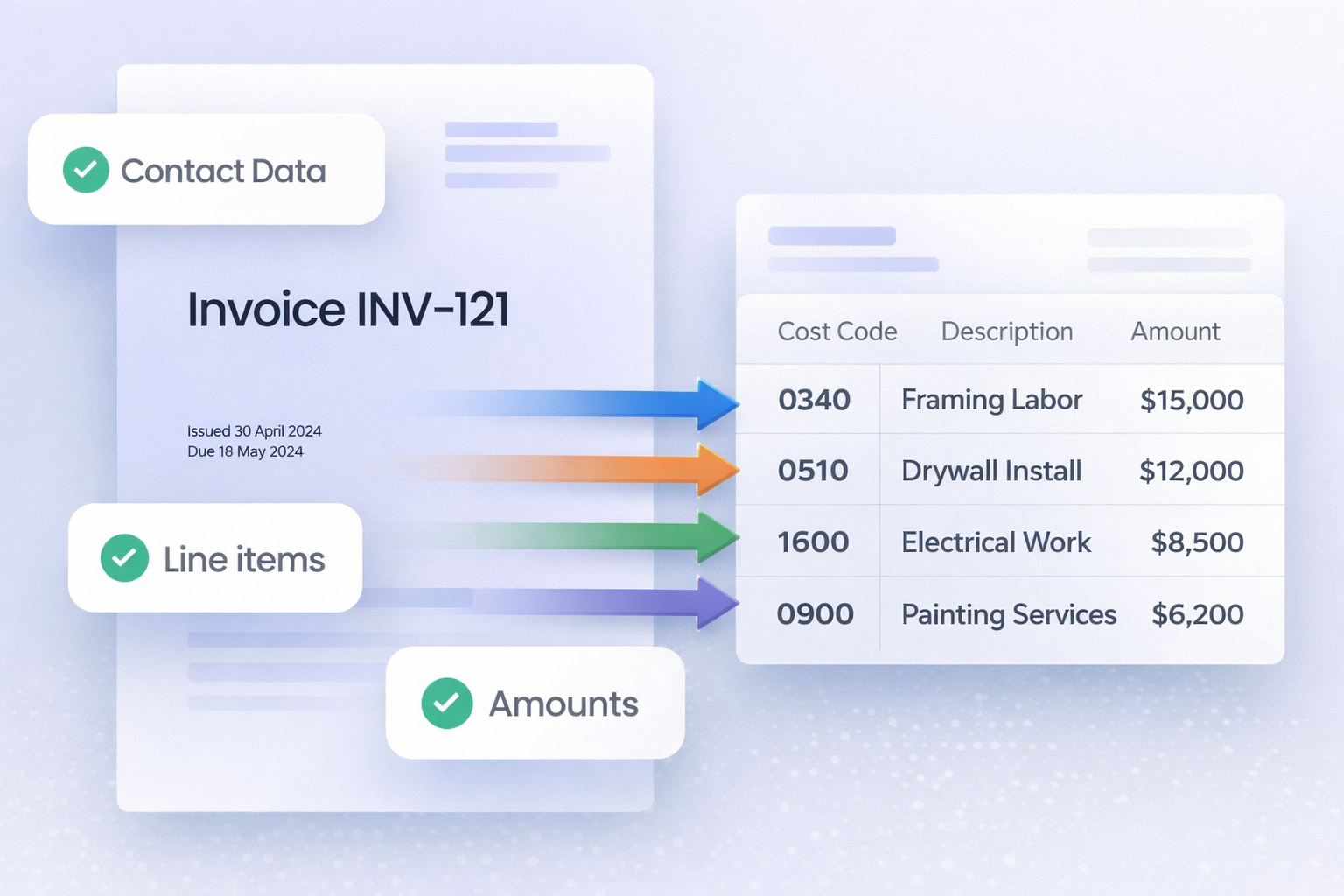The construction industry has long been recognized for its reliance on manual labor and traditional methods. However, today the tide is turning, with digitization paving the way for innovation, efficiency, and enhanced productivity across every function of the industry. Among the numerous technological advancements, one standout is the use of digital tools and platforms that streamline operations and significantly reduce the time and cost associated with in progress construction projects.
The advent of construction specific software has revolutionized the way architects, engineers, and construction professionals plan, design, construct, and manage buildings and infrastructure. New software solutions allow for the creation of detailed digital representations of physical and functional characteristics of places, enabling better decision-making and performance analysis throughout a building’s life cycle.
Moreover, the integration of Internet of Things (IoT) devices in construction sites has facilitated real-time monitoring of project progress, equipment health, and worker safety. Sensors placed on machinery and wearable devices for workers can transmit data to project managers, allowing for prompt adjustments to be made, thereby minimizing downtime and improving safety protocols.
Additionally, Artificial Intelligence (AI) and Machine Learning (ML) are making inroads into the construction industry. These technologies are used to predict project outcomes, optimize scheduling, manage resources, and even automate tasks that traditionally required human intervention.
Despite these advancements, the journey toward full digitization is not without its challenges. The construction industry faces hurdles such as resistance to change, concerns over data security, and the need for substantial investment in technology. However, the benefits of digitization, including cost savings, time efficiency, improved safety, and better quality of construction, are compelling reasons for firms to adopt digital strategies.
In conclusion, digitization is reshaping the construction industry, driving it towards a future where projects are completed faster, with higher quality, and at reduced costs. The integration of digital technologies is not just a trend but a necessity to stay competitive in an ever-evolving industry. As the industry continues to embrace digitization, the potential for innovation and growth is boundless. See what we have done in our efforts to increase digitization in the industry.











